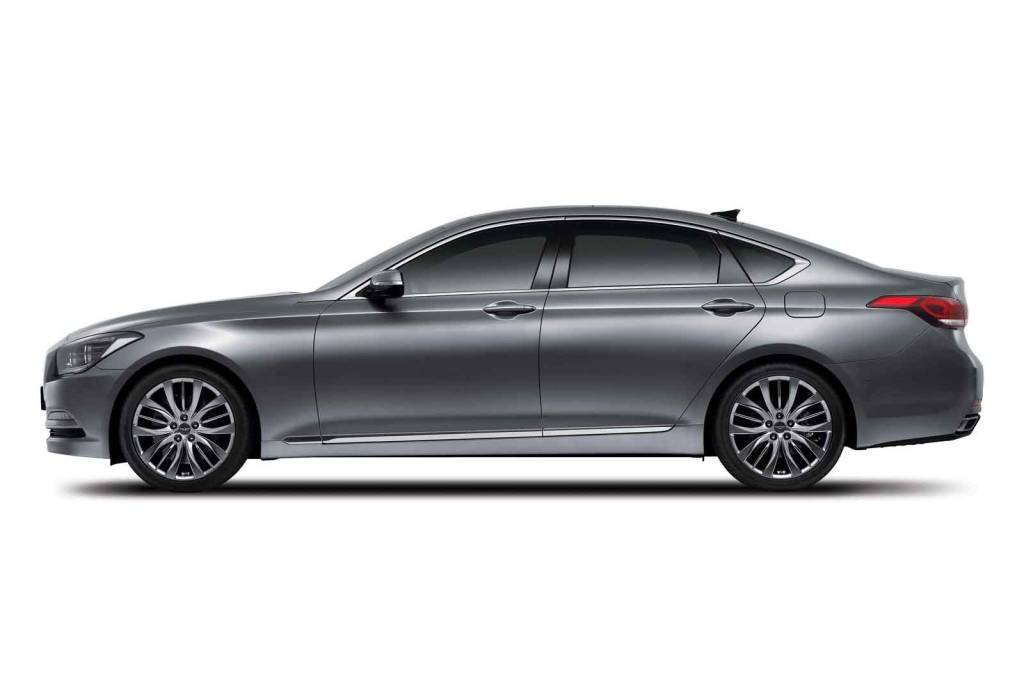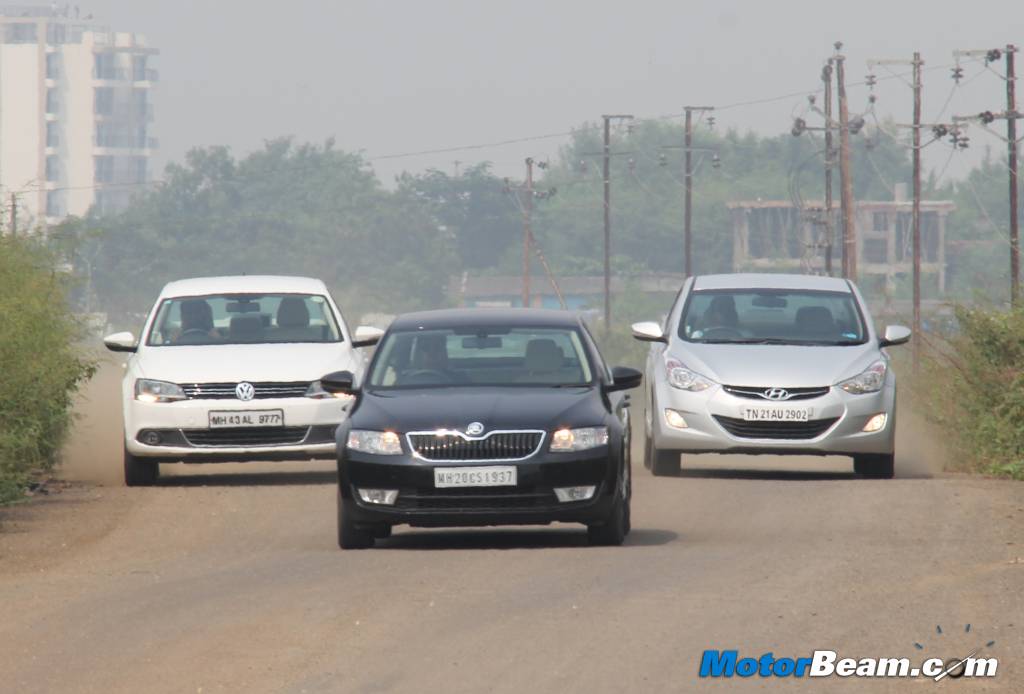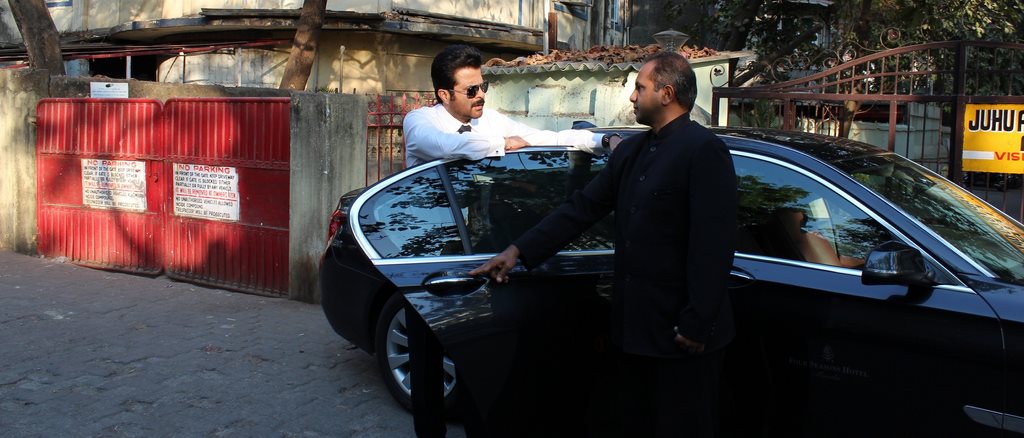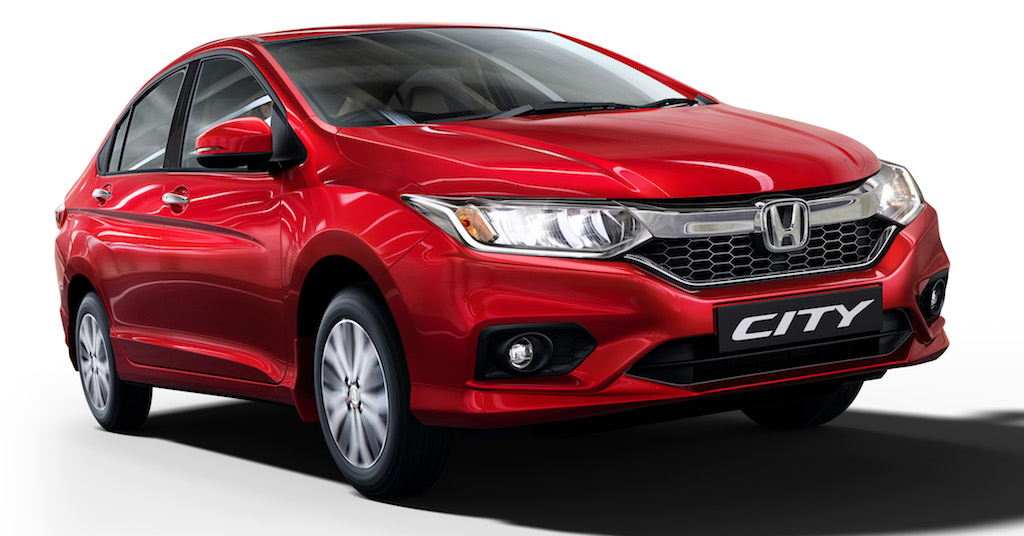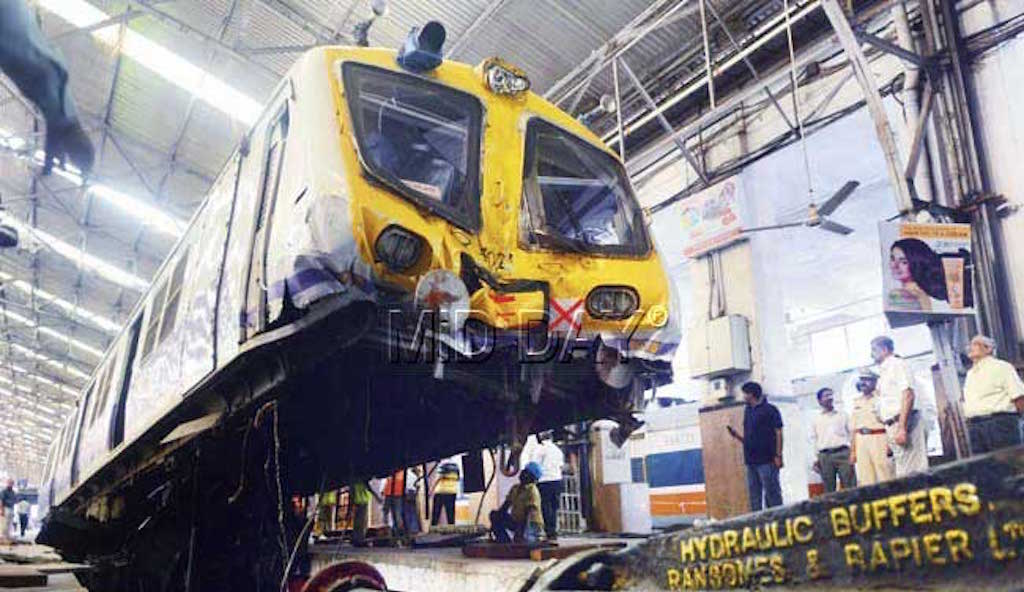Nowadays it is very important for manufacturers to make every drop of fuel count and squeeze every inch of performance from their cars. To do all this, one major step is to lighten the vehicle as it improves performance and economy. European manufacturers have started doing this by using aluminium in their cars in parts such as bonnet, doors, trunk lid and roof. However Asian manufacturers are not doing so. European manufacturers make big luxury cars and buyers can afford to pay a higher price due to aluminium usage. Asian manufacturers make small cars ands steel is affordable for them and plus the cost of modification to the factory to use aluminium is very high.
Hyundai is one manufacturer who recently was under pressure when they switched back to steel from aluminium on their Genesis model, a car which competes with the likes of the BMW 5-Series, gained 80 kgs and lost 20% fuel efficiency in the progress. Sure it is going to be more safer because now the hood is made of steel and this was particularly done to meet crash test norms in the USA. Nissan is one Japanese manufacturer who uses aluminium for its sports car such as the GT-R and 370Z. Honda is also using aluminium in Acura and the Accord in the USA while Lexus uses it for their flagship sedan, the IS.
Hyundai has indirectly confirmed that aluminium won’t be a part of the body structure anytime soon. One of the reasons is that Hyundai themselves make steel under the name of Hyundai Steel. Aluminium prices are four times higher than that of steel. This policy is also adopted to keep safety as priority as no Asian manufacturer is known for making a tank like structure like Europeans do. Meanwhile, Europeans also started at the same level as Asians and went step by step over the years. Blame the efficiency and safety norms which get stricter by the day.
Meanwhile, aluminium is being used in surplus amount while making engines. Companies who use all aluminium engines are Honda and BMW (the companies which make the best engines in the world), they are known for the efficiency of their cars but criticised for their noisy (diesel) engines.
Normal steel has already been shown the bin which is replaced by high tensile. Something that is being used by 9 out of 10 manufacturers as it is 20% stronger and lighter than conventional steel. Aluminium, despite the lack of use in Asia is going to see rise in demand by 35% till the year 2016 and will be finally seen on cars from Asian manufacturers. Whatever the debate is, we just want hatchbacks with 100 BHP which weigh under one ton to offer a lot of fun while saving fuel costs at the same time. What is your requirement?


